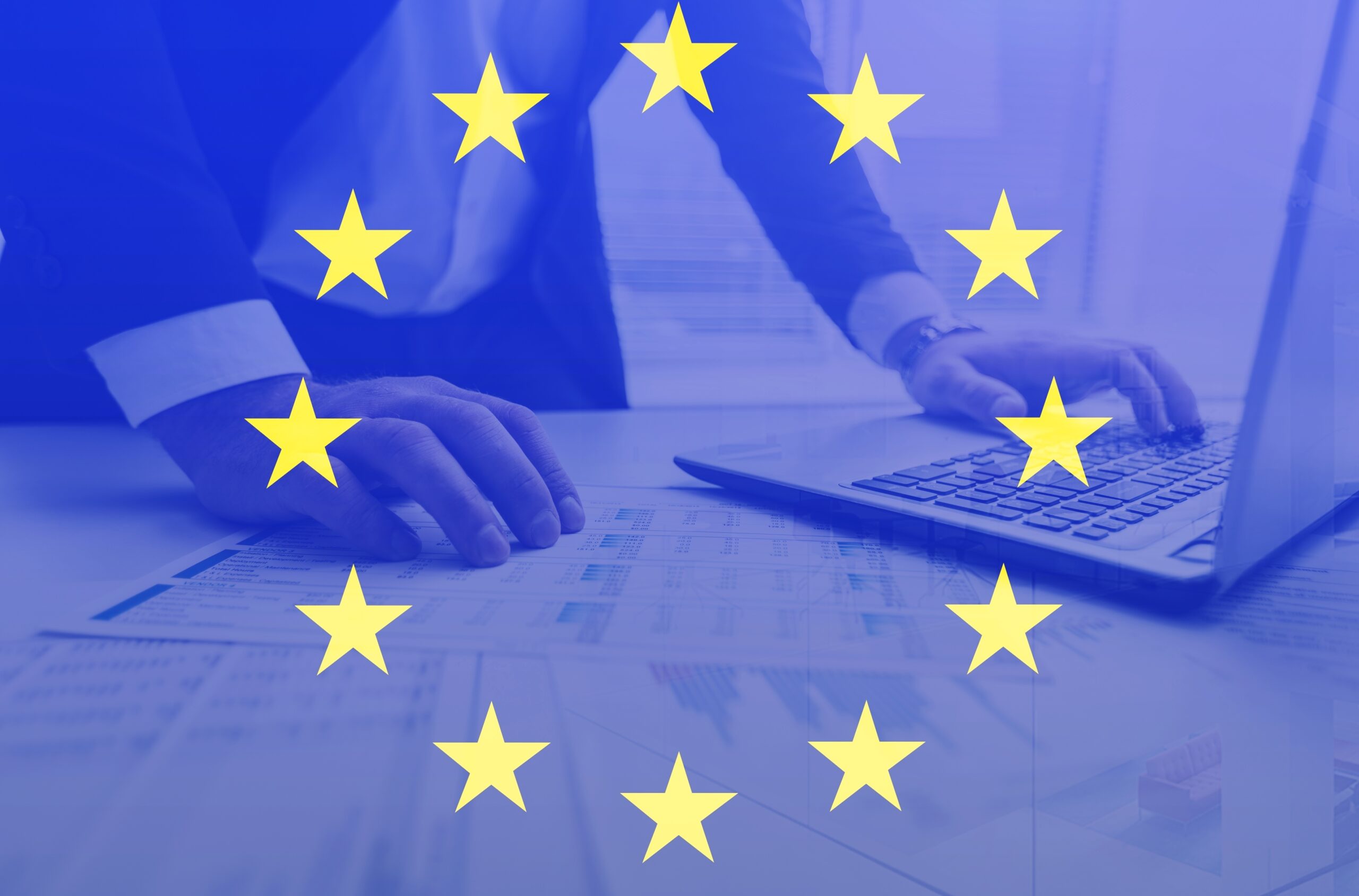The Markets in Crypto-Assets Regulation (MiCA) is about to shake up the cryptocurrency world across the European Union, and Lithuania is no exception. Known for its welcoming stance towards crypto and blockchain innovation, Lithuania has become a regional hub for digital asset businesses. With MiCA set to take effect in late 2024, crypto companies and investors in Lithuania need to understand what’s coming and how to prepare for this major regulatory shift.
What is MiCA?
MiCA is the EU’s new framework aimed at regulating crypto-assets and their service providers across all member states. Its goals are clear: protect consumers, ensure market integrity, and maintain financial stability, especially in relation to stablecoins, which pose risks if not properly regulated. MiCA applies to a wide range of crypto-assets like utility tokens, stablecoins, and asset-referenced tokens, but it doesn’t cover tokenized financial instruments (which are handled by other EU regulations).
How Will MiCA Impact Lithuania?
Lithuania has enjoyed a relatively relaxed regulatory environment for crypto, but that will change under MiCA. Here’s what we can expect:
- Licensing and Registration: All crypto-asset service providers (CASPs), such as exchanges, wallet providers, and custodians, will need to register with a national authority, likely the Bank of Lithuania. Businesses will face strict licensing requirements, which may force some smaller players to either comply or relocate.
- Stablecoin Regulation: MiCA introduces specific rules for stablecoins, including reserve requirements and mandatory authorizations. Lithuanian projects involved in stablecoins will need to adjust their operations, but this could also bring new opportunities for local fintech companies exploring digital payments and cross-border solutions.
- Enhanced Consumer Protection: Crypto users in Lithuania will benefit from stronger protections under MiCA. CASPs will be required to provide clearer disclosures on risks, giving retail investors more confidence to participate in the market.
- Cross-Border Expansion: With harmonized rules across the EU, Lithuanian crypto businesses can more easily expand into other EU countries. Lithuania’s strong fintech sector is well-positioned to take advantage of these new market opportunities.
Key Provisions to Watch
MiCA introduces several important requirements that Lithuanian crypto businesses must address:
- White Paper Requirements: Issuers of crypto-assets, particularly those conducting token sales or ICOs, must publish detailed white papers outlining the asset’s features, risks, and company information.
- Governance and Risk Management: CASPs will need to meet strict governance standards, which include maintaining capital reserves, taking out insurance, and implementing risk management frameworks. For smaller companies, these requirements may increase operational costs.
- Stablecoin Reserve Requirements: Stablecoin issuers must hold sufficient reserves to back the value of their tokens. This could limit flexibility for Lithuanian stablecoin issuers and increase compliance costs.
Preparing for MiCA: What Crypto Businesses Should Do Now
With MiCA coming into force soon, crypto businesses in Lithuania should start preparing now to avoid disruptions. Here are some steps to take:
- Review compliance processes: Ensure your company meets MiCA’s requirements, including licensing, AML (anti-money laundering), KYC (know your customer), and cybersecurity protocols.
- Assess capital needs: Check whether your business can meet MiCA’s capital reserve and risk management standards.
- Adapt your products: Review your offerings—especially if you’re involved in token issuance or stablecoins—to ensure they align with MiCA’s regulations around disclosures and reserves.
MiCA’s Potential to Boost Lithuania’s Crypto Ecosystem
While MiCA introduces new challenges, it could also bolster Lithuania’s role as a leading crypto hub in the EU. By providing more legal certainty and stronger consumer protections, MiCA could attract institutional investors and larger international companies to Lithuania’s crypto market. As trust in crypto-assets grows, so too could the adoption of blockchain-based services in Lithuania.
Conclusion
The upcoming MiCA regulation marks a new chapter for Lithuania’s cryptocurrency industry. While businesses will face stricter rules, the harmonized framework also opens doors for growth, innovation, and cross-border expansion. Now is the time for Lithuanian crypto companies and investors to prepare for these changes and seize the opportunities that lie ahead in this evolving regulatory landscape.
If your business is navigating MiCA, get ready by aligning with its requirements early to ensure smooth operations and continued success in Lithuania and beyond.
If you need legal consulting on MiCA, don’t wait until the deadline. Contact us today, and our expert team will help you fully understand your responsibilities under the new regulation and make the necessary adjustments to ensure your business remains compliant and ready to thrive in Lithuania’s evolving crypto landscape. Let us guide you through the process with tailored solutions that meet your specific needs.

